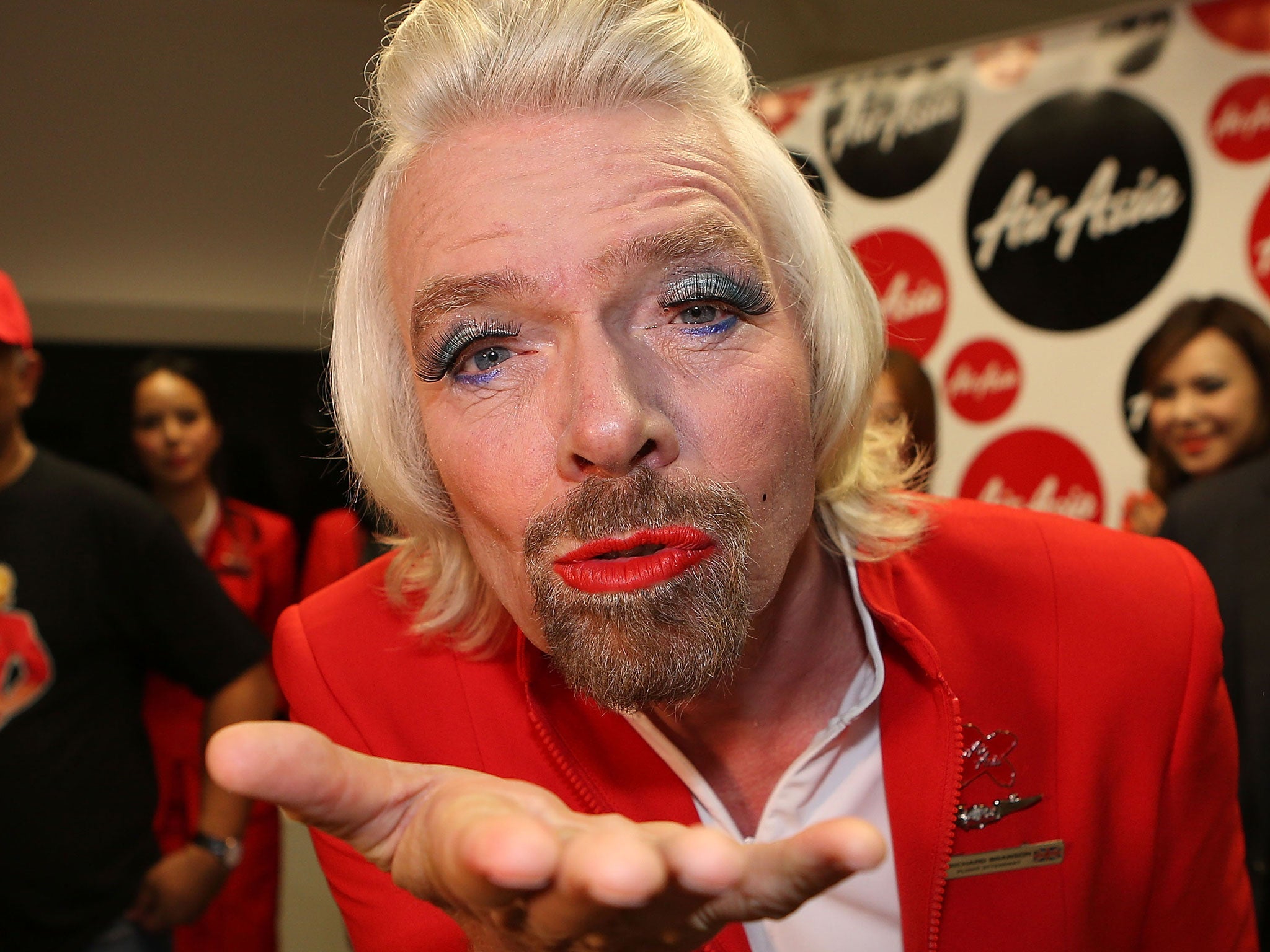Richard Branson is gone. So where are the new Bransons?
Business has lost faith in itself – where are its leaders now it's greatest recent entrepeneur has left the UK?

Is Sir Richard Branson a producer or a predator? A case can be made for either label. But sceptics will not have been surprised to learn that the founder of the Virgin business empire has now formally set up his (tax-efficient) home on his private Caribbean island of Necker – which is, naturally, part of the British Virgin Islands – after saying he has already lived there for seven years. He maintains, however, that he has not left Britain for tax reasons.
First, he sold the west London mansion. Now the Oxfordshire estate has been offloaded to his children. Faced with a choice between long, wet winters in the UK and sunny days on Necker, the 63-year-old billionaire has opted for the latter. It’s not hard to follow his thinking.
Anita Roddick is dead, and Branson has departed these shores. This leaves only Lord Sugar as the favourite “unprompted” name to emerge from focus groups when they are asked to identify a leading business figure. And this is not good news.
The thoughtful, practical case for business is not being made. Business leaders, by and large, keep their heads down. And when they do speak up the results are not always convincing. Look at the reaction of the energy companies to Labour’s proposed 20-month freeze on the bills to be paid by customers. Has there been a serious attempt to engage with the argument? Of course not. Instead there have been mumbled threats of blackouts and investment strikes – even as some of the energy giants launch new deals offering a “price freeze” for two or three years.
In the high street, mobile phone operators promise a service that may or may not live up to the sales pitch. Coffee chains sell expensive, oversized but underflavoured cups of coffee. Try and catch a train and see how much you’ll pay for the privilege of standing for an hour or two. And meanwhile we are hounded in our homes (and increasingly on our mobiles) by cold callers claiming they can save us money, for a fee.
In the past, plausible figures known as “captains of industry” spoke up and were counted. They conveyed a sense of business being a constructive and worthwhile part of life. Peter Parker, John Harvey-Jones and Arnold Weinstock, among others, were household names. Now only WPP’s Sir Martin Sorrell seems ready to get stuck into debate on a regular basis. Business, it seems, has lost faith in itself and lacks the confidence to make its case. For more evidence of this look no further than the latest ad for the Halifax, which uses up three-quarters of its precious (and costly) airtime describing the life of an air hostess, before finally (and sheepishly) admitting that the Halifax is, in fact, a bank.
We may miss seeing Sir Richard Branson on our screens but, in truth, he is due a break. It is time that other business leaders made themselves known. Businesses cannot complain about what politicians do to them if they are not prepared to explain publicly what they are for, and what they are trying to do.
Stefan Stern is visiting professor in management practice at Cass Business School, London

Join our commenting forum
Join thought-provoking conversations, follow other Independent readers and see their replies